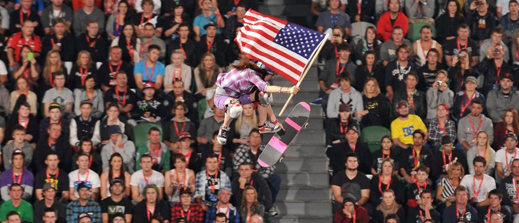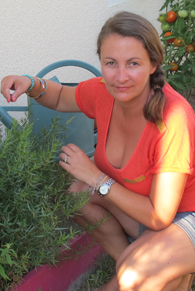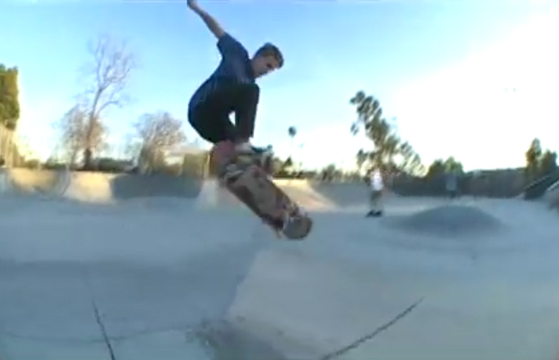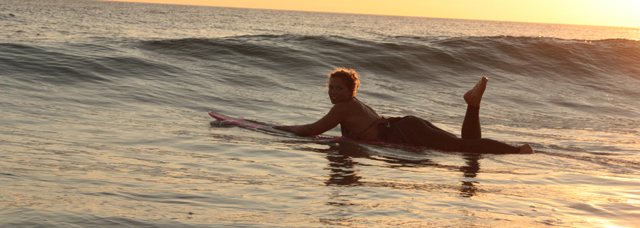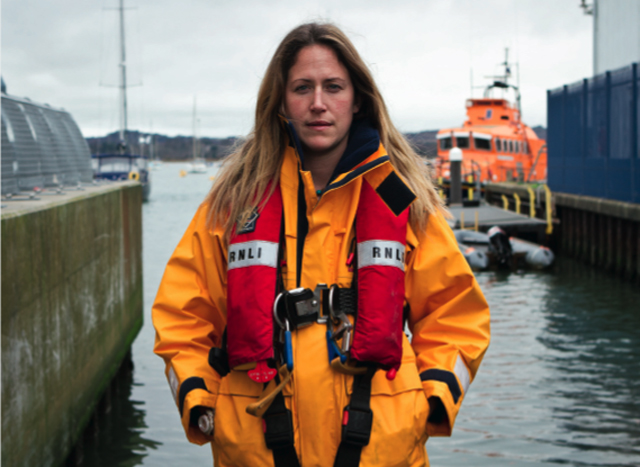
The RNLI lifeboat crew member from Swanage on dedication and respect for the ocean
I don’t think you need to be a certain type of person to volunteer for the RNLI. You just have to be willing to learn and to commit your time. Whenyour pager goes off, you need to run.
My brother was already an RNLI volunteer lifeboat crew member and through him I met others who were also involved with the lifeboat. I was asked if I would help to write up the stories, I agreed but asked if I could join the crew at the same time. That was five years ago.
I’m sure many people’s first thoughts of lifeboat crew would be an old, bearded, salty seadog! The RNLI is part of an old tradition which began with lifeboats crewed by fishermen and launched with the help of women. Women have actually been involved from the start, Grace Darling, along with her father rescued 13 people from a shipwreck in 1838.
Being a woman makes no difference to my role on the crew. I can carry out all the tasks required and like to think we bring a good balance to the team. Women have been lifeboat crew members since 1969 and now account for nearly 8 per cent of crews.
I didn’t spend much time on the water other than swimming in it. This may sound a bit odd but the majority of volunteer lifeboat crew have no prior maritime experience so I wasn’t alone. Since joining the crew I have learnt to wakeboard, sail and windsurf.
Each person brings different assets to the crew but ultimately we need to get on and trust each other as we work very closely together on the lifeboat, and may have each other’s lives in our hands.
We were called to around 60 rescues in 2011. They can take anything from minutes to hours out of your day. Then there are fundraising activities we organise in our community to raise money and events we attend to represent the RNLI charity locally. It’s a big commitment and at times it feels like it’s lifeboats 24/7, but it is all voluntary and we choose to give our time.
Every time I go out on the lifeboat is slightly different. You never know what to expect, I guess that’s part of the attraction. You always have to keep your wits about you and keep your eyes and ears open.
I love the sea and have a huge respect for it. When the conditions are bad it’s hard to imagine anything more powerful and ferocious, but on a calm day it’s the most tranquil place to be. Being on the water makes you realise how vast the sea is and that we really are just a speck in the ocean.
The thing I always remember is the relief in people’s faces when we arrive. There are times when we go to assist under tragic circumstances, which are challenging for all involved. I am always amazed by the gratitude shown by grieving friends and families who want to thank the crew– it’s humbling to be appreciated in such sad circumstances.
We train every week. The volunteer crew meet at the lifeboat station and we take the lifeboats to sea to practice the skills we may need on a rescue. This can be anything from casualty care, boat handling, rope work through to mock scenarios and shore-based training.
I carry a pager with me at all times. It is very rare that the pager goes off at a convenient time! It always make me smile when it goes off in the early hours of the morning and you arrive to bleary-eyed crew with clothes on back to front.
It has taught me many things, beyond the skills you would expect,such as keeping calm in a difficult situation, providing reassurance and empathy, being diplomatic and selfless.It is a great way of giving something back to the community.
The sea is stronger than you will ever be, respect it.
Visit rnli.org.uk or swanagelifeboat.org.uk

